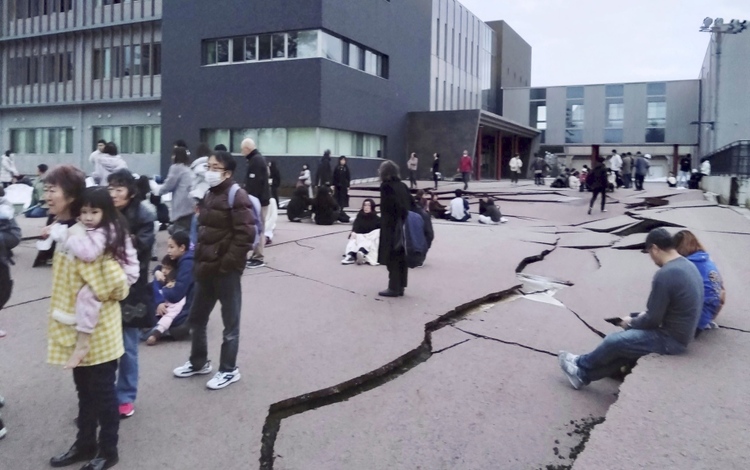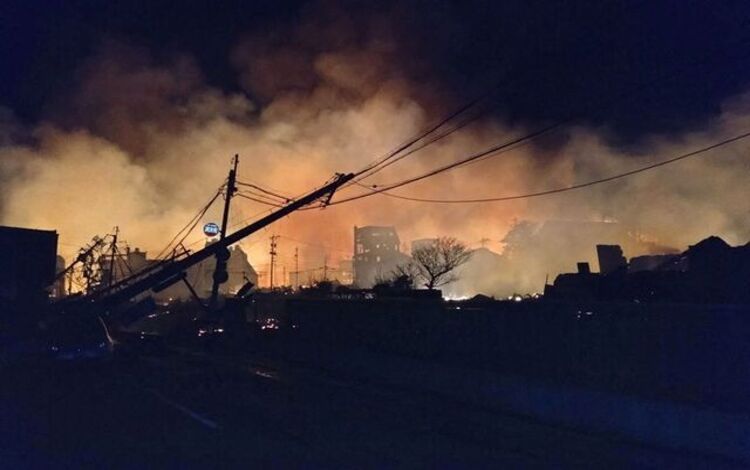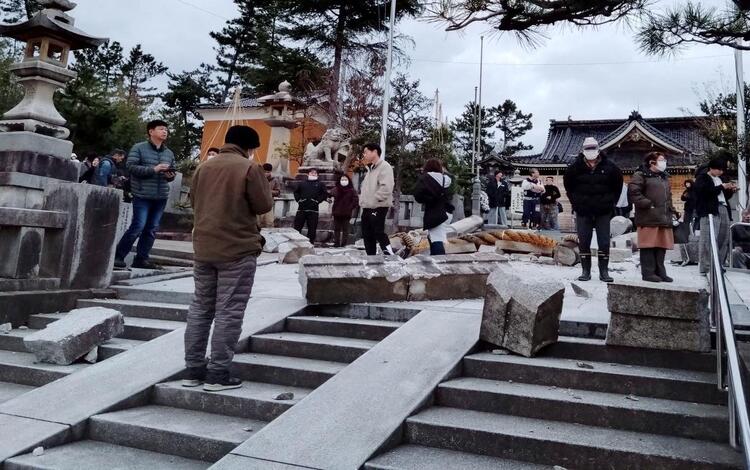In the wake of the recent massive earthquake that struck Wajima, Ishikawa Prefecture in Japan, the Department of Foreign Affairs (DFA) assures that Filipinos living in the affected area are safe. DFA Undersecretary Eduardo de Vega provided this reassurance, stating that there have been no reported casualties among the Filipino community in Wajima.

The DFA was quick to establish contact with the Filipino residents in the affected region. De Vega’s text message highlighted the timely communication efforts, indicating that no casualties were reported as of the latest update.
In response to the earthquake, the Filipinos in Wajima heeded the advice of the prefectural government. They promptly evacuated to higher ground, a precautionary measure to ensure their safety. Additionally, residents were urged to avoid using roads and bridges damaged by the quake, displaying a commendable level of cooperation and adherence to safety guidelines.

The Nagoya Philippine Consulate General also played an active role by issuing a similar advisory to the Filipino community in the affected area. The consulate continues to closely monitor the situation, emphasizing the importance of staying informed and prepared in the aftermath of natural disasters.
Notably, the Filipino population in Ishikawa Prefecture comprises 1,300 individuals out of a total of 300,000 Filipinos residing in the region. The relatively small number of Filipinos affected underscores the effectiveness of the community’s swift response to the earthquake and their collaboration with local authorities.

This incident highlights the significance of diplomatic efforts and the role of consulates in ensuring the safety and well-being of overseas Filipino communities. The proactive measures taken by both the DFA and the Nagoya Philippine Consulate General demonstrate the importance of communication, coordination, and support during times of crisis.
The Philippine government remains vigilant in providing assistance and updates to the Filipino community in Japan. The incident serves as a reminder of the resilience and preparedness required in the face of natural disasters, and it reinforces the importance of international cooperation in safeguarding the lives of citizens living abroad.
